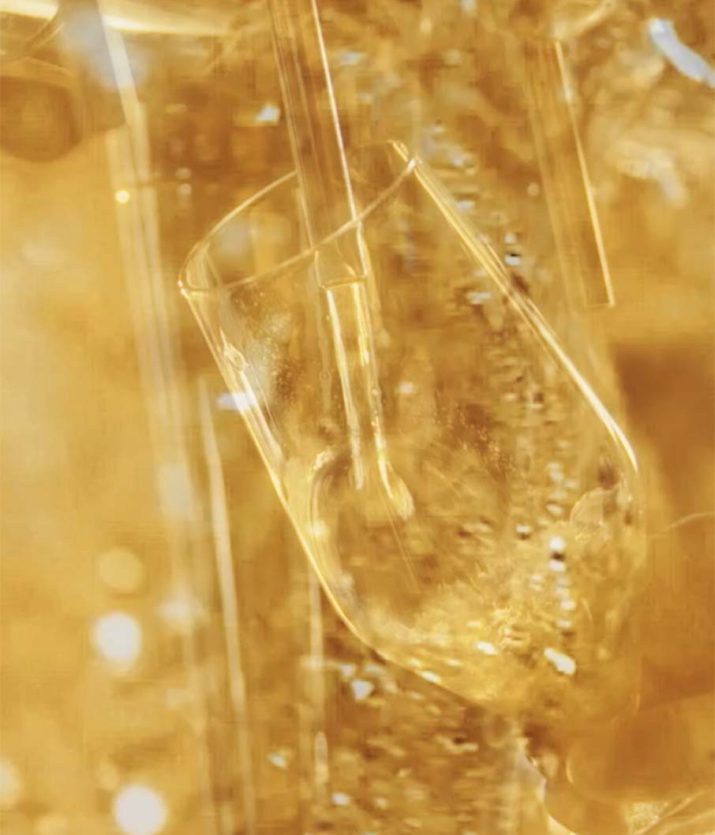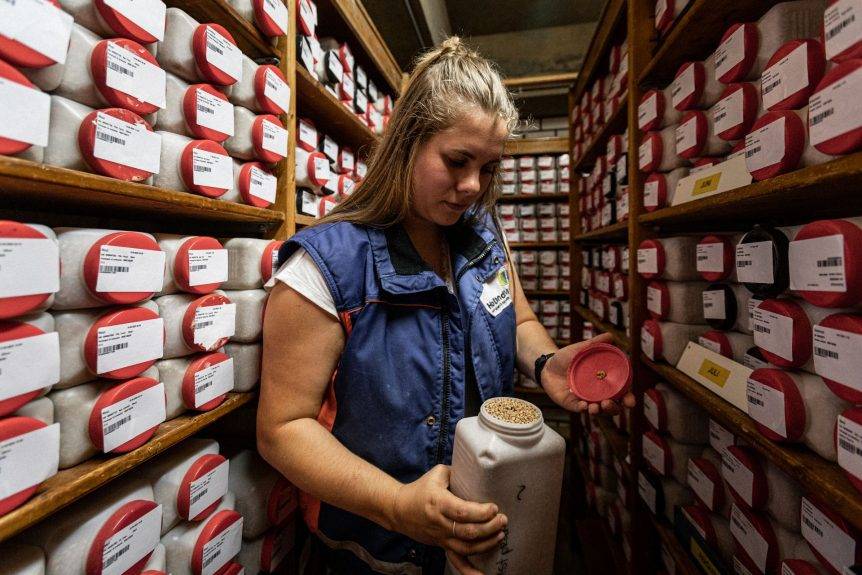We make the source sustainable
At Holland Malt, sustainability and innovation are not separate ambitions — they go hand in hand. We care deeply about the world we operate in, and we innovate relentlessly to improve how we serve it. From the grain we select to the systems we design, we aim to move the malting industry forward — one smart, responsible step at a time.
Worlds first emission free malthouse
In 2024, we opened the world’s first 100% emission-free malthouse in Eemshaven. Powered entirely by renewable energy, this facility uses the largest industrial heat pump in the European food industry, allowing us to eliminate all fossil fuels, biomass, or other carbon-emitting energy sources. By fully turning off the gas tap, we have reduced both gas use and CO2 emissions — to absolutely zero. This site marks a global milestone in sustainable malting — and proof that our goals are not just visionary, but achievable.
Becoming the first malt house that doesn’t emit fossil CO2 emissions has been a reality since 2024.
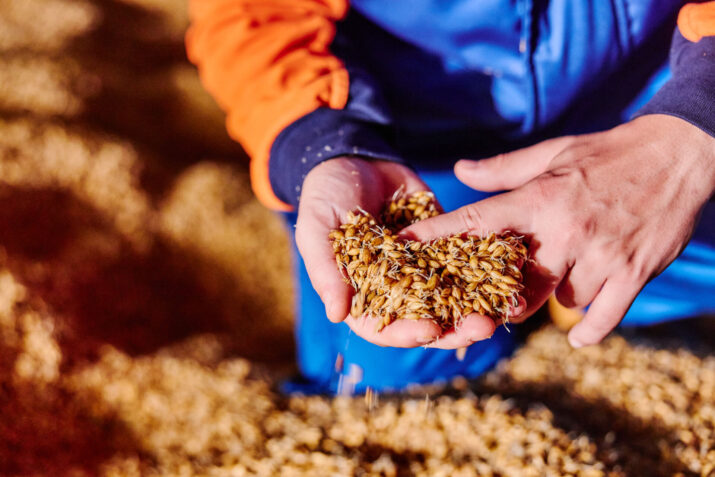
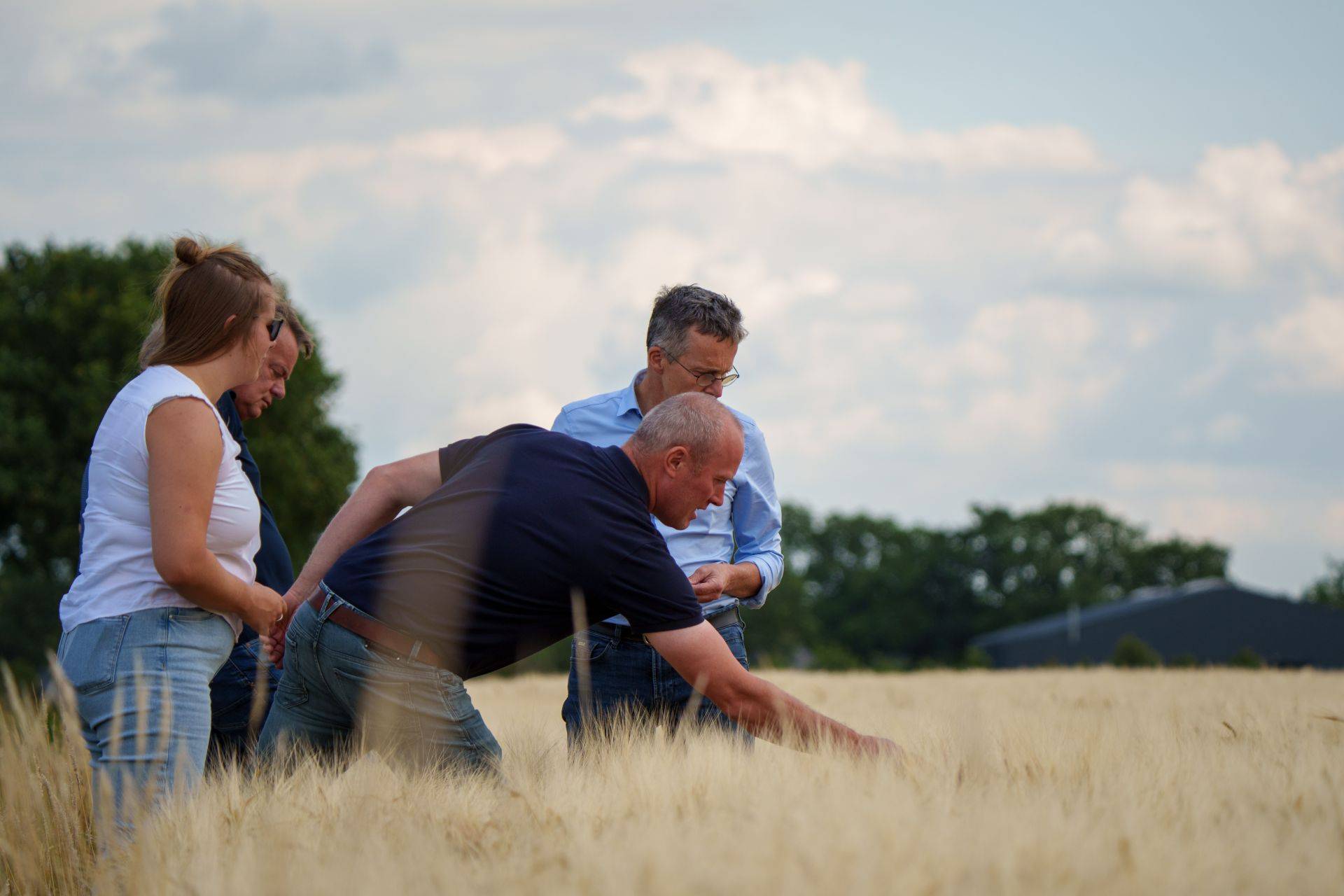
Partnering with farmers for the future
Malting barley grows across generations — and so does our commitment. As Dr. Martijn van Iersel, our Head of Quality & Sustainability, puts it:
We source barley from eight leading regions across Europe, including the Netherlands, France, Scandinavia, and the UK— areas known for their high-quality crops and ideal malting conditions. This multi-origin strategy enables us to ensureconsistency and quality, year after year, while adapting toseasonal and regional variation.
Over 70% of our barley is now SAI-certified, and we are firmly on track to reach 100%. Every batch is rigorously tested — from moisture and protein content to germination potential and purity. It is how we ensure consistent, reliable quality — season after season.
Regenerative agriculture and responsible sourcing
Sustainability is more than a commitment, it is a mindset that shapes every step of our supply chain.We actively support regenerative farming practices
such as crop rotation, organic cultivation, and reduced fertiliser use. These methods help build soil health, increase biodiversity, and reduce field
emissions.
By working closely with farmers, we share knowledge, support better outcomes, and invest in long-term relationships, because real progress does not
happen in a silo. It grows in the field, harvest after harvest.
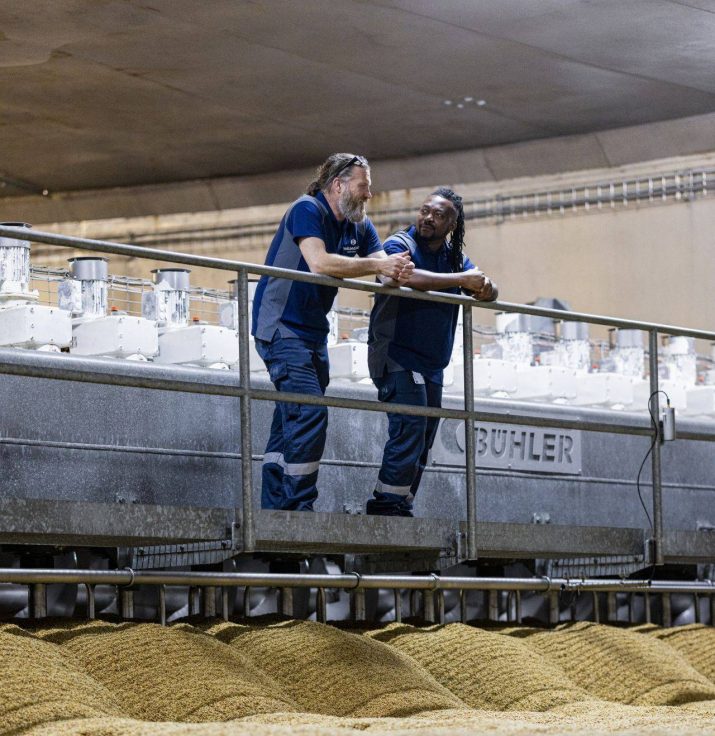
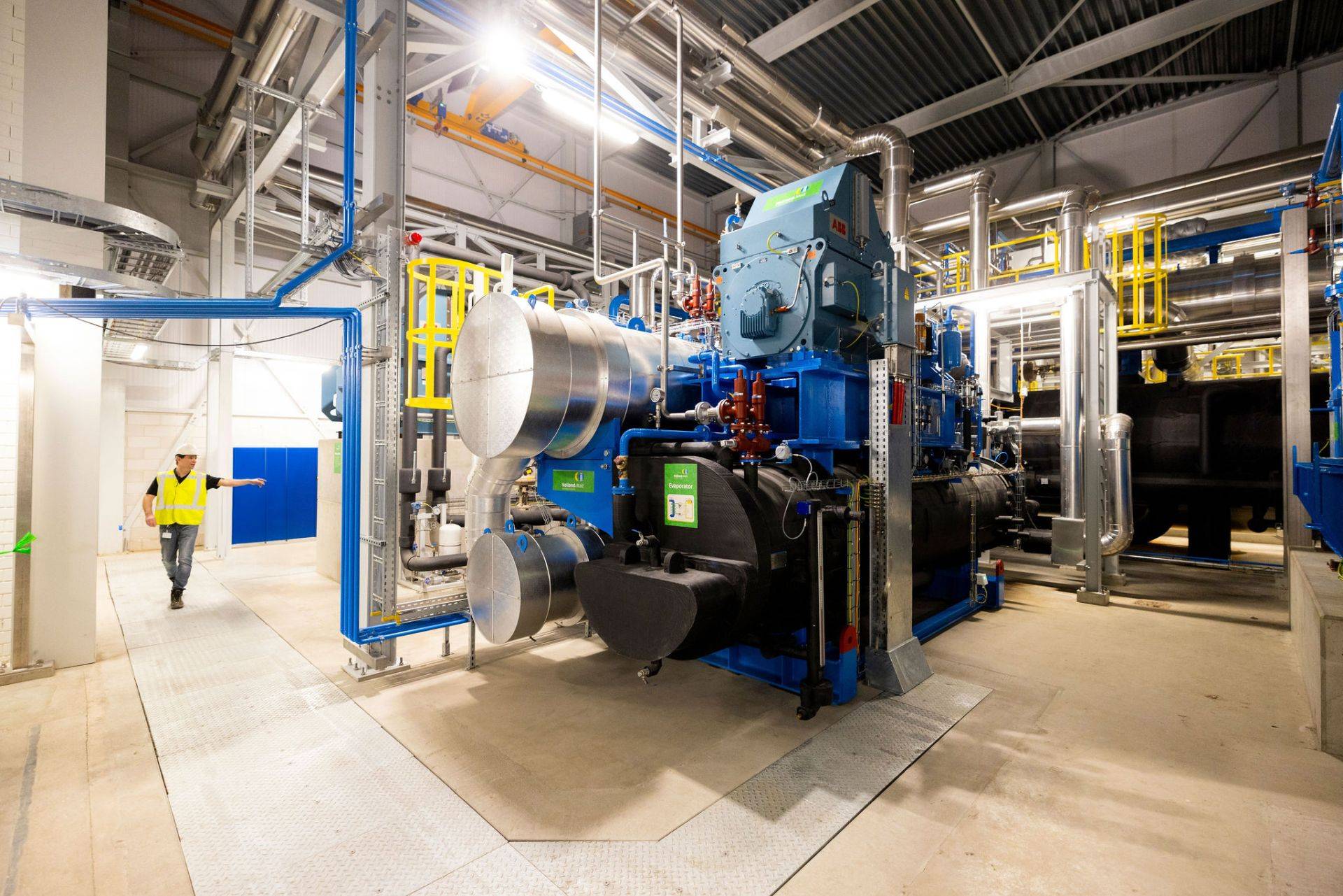
Biggest heat pump project in the Netherlands
The biggest innovation in the energy transition of our malthouse in Eemshaven is the reuse of our own residual heat and the energy savings this produces by using heat pumps. We capture the residual heat from our drying process at 23 degrees and can upgrade it to the required 85 degrees by means of a heat pump. This way, we can reuse it for the next drying process. The total capacity of our heat pumps makes it the largest heat pump project in the Netherlands.
Cooperation with Windpark Oostzeedijk
The energy required for our innovative heat pump system is obtained from sustainable energy sources. Thanks to the cooperation with Windpark Oostzeedijk, the sustainable power for our emission-free malthouse has a visible consigner. It is directly supplied by three wind power turbines on Dutch soil. Together, the turbines provide sustainable electricity equivalent to 18.000 households.
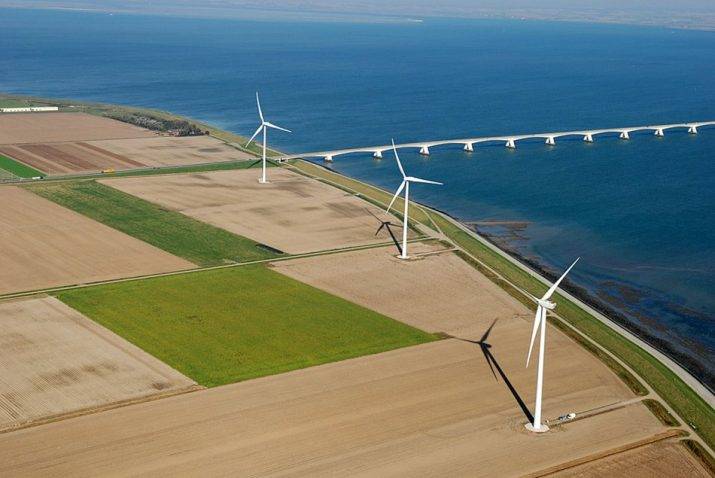
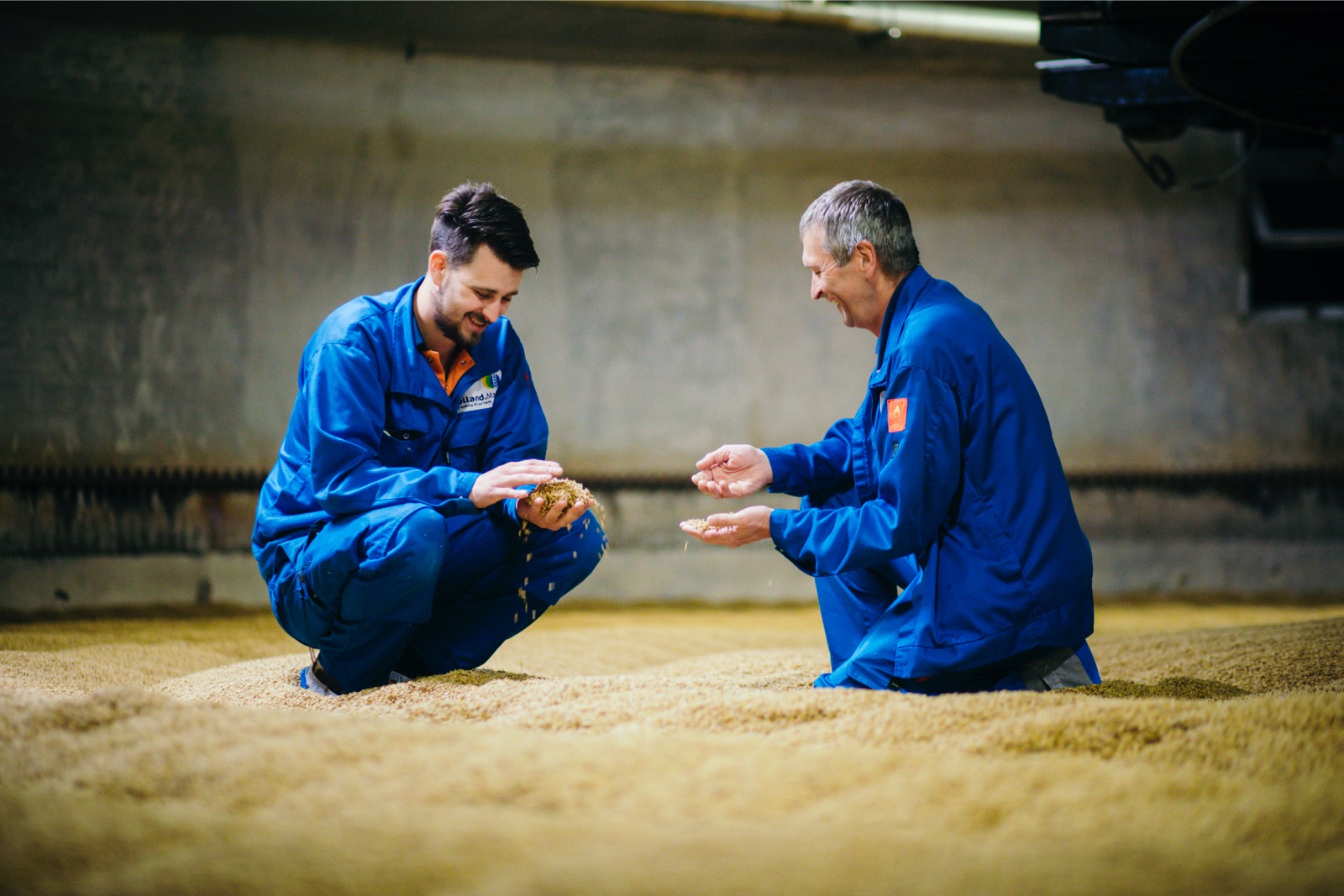
Corporate Social Responsibility
At Holland Malt, we see corporate responsibility as part of our core business. From safe and skilled workplaces to climate-neutral malting and responsible sourcing, we’re focused on doing things the right way — for the long term.
We continue to invest in people, reduce our environmental footprint, and improve transparency across the supply chain. Our goal is to deliver high-quality malt with a measurable, positive impact.
At Holland Malt we set clear goals and report transparently on our progress — because the future of malt depends on how we act today.
Read our latest Sustainability ReportSustainable Agriculture Initiative
We are a long-standing member of the Sustainable Agriculture Initiative Platform (SAI). The SAI Platform brings together over 150 member companies and organisations, leading the way in sustainable agriculture worldwide.
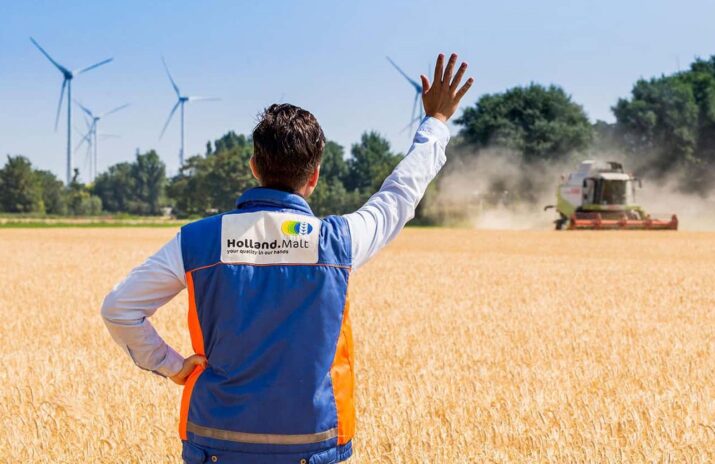
Get in touch with our sustainability team
We are always looking for new ways to reduce our environmental impact. In our production process, our work environment and our supply chain. Taking responsibility for our product and the well-being of future generations.
Holland Malt sustainability
PÂ +31 499 428 201
M sustainability@hollandmalt.com
